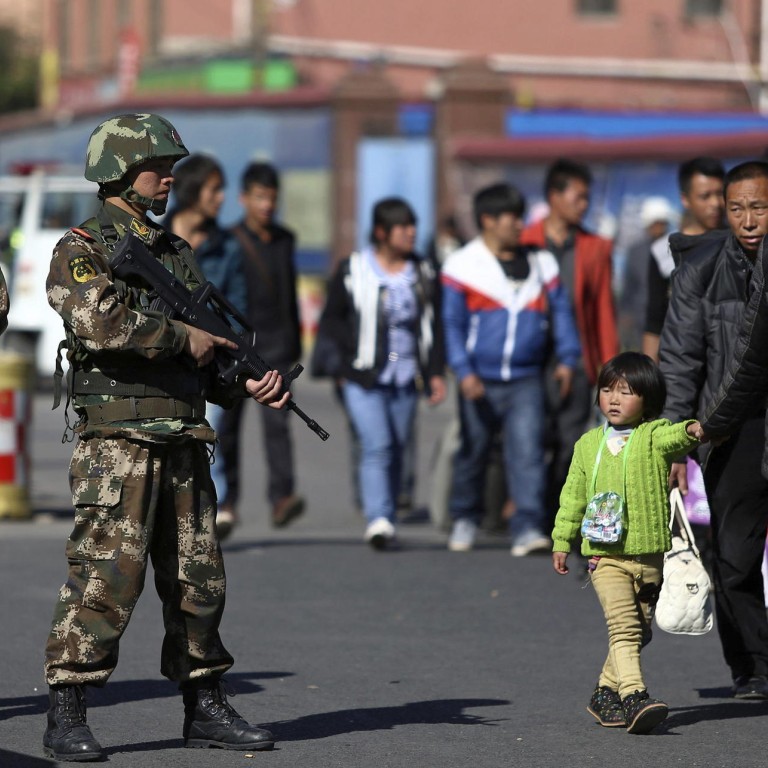
Analysis | Terrorists changing tactics to create panic among civilians, analysts say in wake of Kunming attack
The attack at Kunming's train station shows terrorists are targeting defenceless civilians in cities far from Xinjiang in an attempt to spread panic ahead of two key national political meetings, analysts said.
The attack at Kunming's train station shows terrorists are targeting defenceless civilians in cities far from Xinjiang in an attempt to spread panic ahead of two key national political meetings, analysts said.
Xinhua described the incident as a terrorist attack that was "planned and organised by separatist forces from Xinjiang", the restive western autonomous region, home to the mainly Muslim Uygur minority.
More than 100 people have died in a string of incidents in the area over the past year.

Last October, three people died carrying out what Beijing described as a terrorist suicide attack in Tiananmen Square that killed two others and left dozens injured.
Officials blamed the East Turkestan Islamic Movement for the incident, which occurred 10 days before a crucial Communist Party meeting.
"Terrorists are using all means to create widespread social panic … across China," said Pan Zhiping, an expert on terrorism at Xinjiang Social Science Academy. "The timing of the Kunming attack implies the terrorists want to create the biggest impact possible.
"Security is tight in Beijing and Xinjiang and in their surrounding provinces, but Kunming, a city thousands of kilometres away … is less defended. Nobody could have predicted an attack would be staged there."
Dr Barry Sautman, a political scientist at Hong Kong University of Science, said terrorists viewed civilians as "soft targets". "It's completely common from the global experience," he said. "Terrorists who might attack only law enforcement officers in their home areas carry out attacks on civilians outside to create panic."
Pan said police in inner mainland cities did not have enough training to respond to such incidents. "They normally would fire a warning shot first, while police in Xinjiang shoot the terrorists dead immediately," Pan said. "The minor delay in time might cost their lives."
It was also suggested the drug trade in Yunnan might also have been a reason for the attack.
Pan said: "The drug trade might be an important source of money for the terrorists. They might have become deeply involved in the region's drug deals."
Uygur activists say Beijing should address dissatisfaction in the region, rather than crack down on dissent.
Sautman said: "Besides more measures to narrow the income gap in Xinjiang, the central government should also install more Uygurs in key government positions like party secretary, as Uygurs might manage their own [people] better."
Li Wei, a counter-terrorism expert at the China Institutes of Contemporary International Relations, said the Kunming attackers were trying to raise tensions between Han and Uygurs and should not be seen as representative of the minority.
